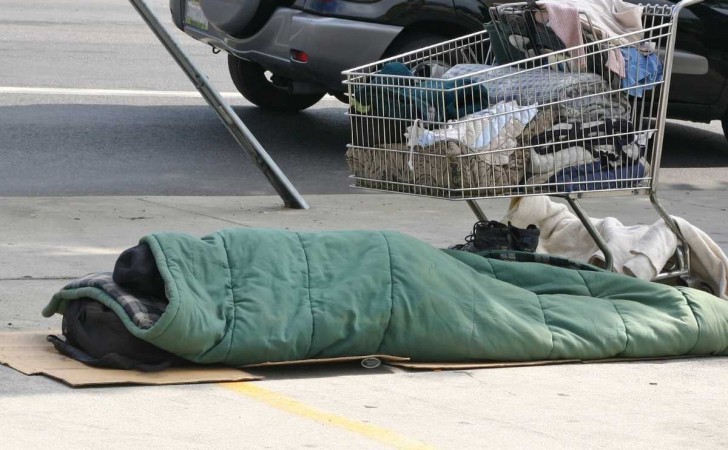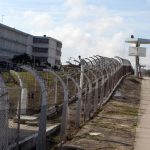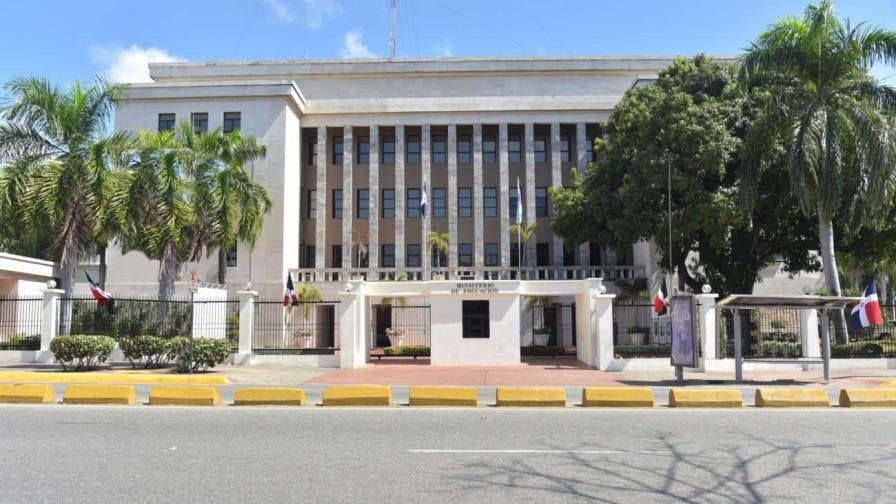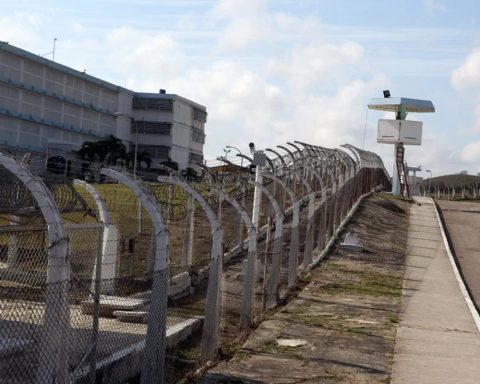

This Sunday marks the beginning of the implementation of the compulsory confinement law in Uruguay, which has sparked a public debate about its effectiveness and the rights of these individuals.
The legislation, which allows homeless people to be transferred to health centres against their will under certain circumstances, has been defended by the president Luis Lacalle Pou as an effort to improve social coexistence.
During a press conference, President Lacalle Pou explained what he considers to be the two dimensions of this law: “that of the human being who has an illness and that of the neighbours”. The underlying premise is that of a greater community well-being: “We must do everything possible, humanly for these people and because socially we all deserve to have a slightly more peaceful life”.
Compulsory confinement law: a respite for city residents?
The law allows for the compulsory hospitalization of people if a doctor certifies that they have an addiction or a mental health problem that represents a risk to themselves or others.
“Peaceful coexistence is what we have to try to achieve,” Lacalle Pou stressed. According to the president, “the law must be complied with, we have no choice.”
Lacalle Pou highlighted the humanitarian background of this legislation: “Personally, I have been insisting on this issue for many years and not out of whim, this issue is a request, a plea often from mothers, above all, but from relatives of people who in some way are homeless due to their addiction or mental health.”
He noted that the cycle of addiction or mental illness often leads to criminal behavior and incarceration. “There are many people in our country who end up in prison because they were preceded by addiction and family breakdown.”
An essential technical aspect of the law is the coordinated role between the police and medical personnel, particularly from ASSE (State Health Services Administration). The decision on whether to apply the internment law or the law on misdemeanors, in force to date, is made by a doctor: “The police and ASSE have to work very closely together, that is why a doctor and possibly a police officer come to find out whether it is the law on misdemeanors or the one that has just been passed.”
The president acknowledged the limitations of the public sector in terms of available beds for hospitalization and announced that agreements will be sought with the private sector to expand the capacity for care.
Lacalle Pou said the government will implement a weekly monitoring system for individual cases subject to this new law, in order to ensure its effective application and take care of those affected.
According to Lacalle Pou, the implementation of the compulsory confinement law seeks not only to help those affected by mental health problems or addictions, but also to guarantee a more harmonious and safe coexistence for all citizens.


















